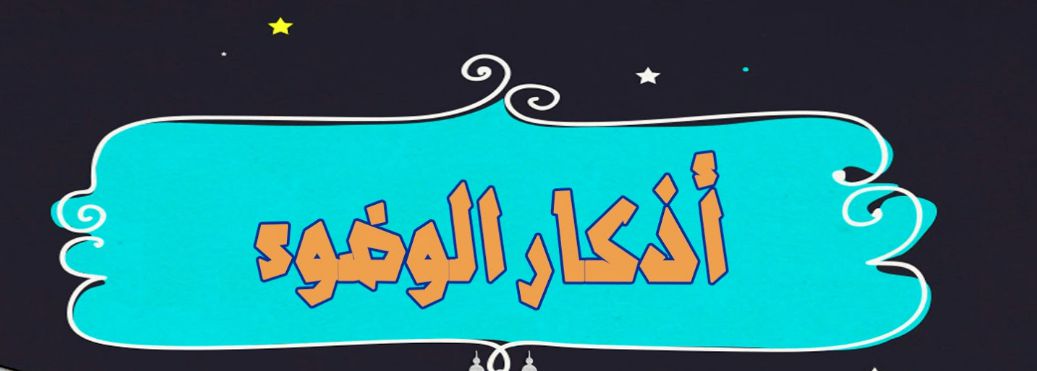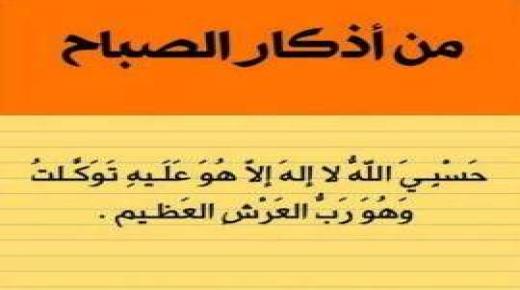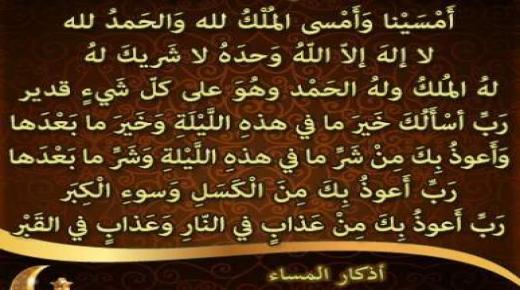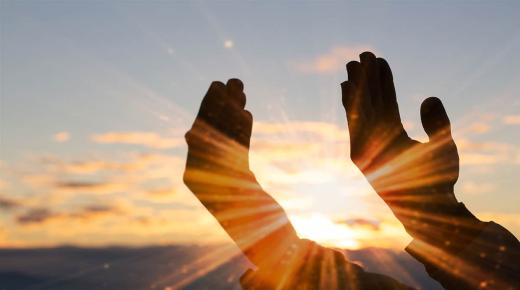
God (the Almighty) says in imposing ablution on Muslims before prayer: “O you who have believed, when you rise to prayer, wash your faces and your hands up to the elbows, and wipe your heads and your feet up to the ankles” (Al-Ma’idah: 6). Certain preparations for prayer and other acts of worship.
Remembrance of ablution
Prayer is not valid without ablution, and ablution is recommended at every prayer. Rather, it is desirable for a Muslim to perform ablution in all his circumstances. Al-Bukhari narrated that the Prophet (may God bless him and grant him peace) asked Bilal bin Rabah (may God be pleased with him) and said to him: “O Bilal, why Did you beat me to heaven yesterday? I heard your rattle in front of me, and Bilal said: O Messenger of God, I never called the call to prayer except that I prayed two rak’ahs, and I did not happen to me except that I performed ablution at it. Ablution and purification, and constant readiness for prayer, and just as ablution has this great benefit, ablution remembrances are also of great benefit in supplicating to God and asking Him for the good of this world and the Hereafter at the time of response.
The ablution remembrances are:
(In the name of God, in the name of God, the Most Compassionate, the Most Merciful) (Reported by Abu Dawud and Ibn Majah), and it is obligatory to associate the name with the intention.
(In the name of God, its beginning and its end) when forgetting to say Bismillah at the beginning of ablution.
Dhikr after ablution

On the authority of Omar Ibn Al-Khattab (may God be pleased with him) on the authority of the Prophet (may God’s prayers and peace be upon him) that he said: “Whoever performs ablution and performs it well, then says, ‘I bear witness that there is no god but God alone, with no partner, and I bear witness that Muhammad is His servant and Messenger, O God, make me one of those who repent and make me Of those who purify themselves, the gates of Paradise will be opened for him, and he may enter through whichever one he wishes.” Narrated by Al-Albani and Al-Tirmidhi
“I bear witness that there is no god but God alone, with no partner, and I bear witness that Muhammad is His servant and Messenger.” Narrated by Al-Bukhari and Muslim
“O God, make me one of those who repent, and make me one of those who purify themselves.” Narrated by Al-Tirmidhi and Al-Nasa’i
“Glory be to God and praise be to You. I bear witness that there is no god but You. I seek Your forgiveness and repent to You.” Narrated by Al-Nasa'i and Abu Dawud
The virtue of ablution remembrances
- Mentioning the name of God with the name of God before ablution, and the tashahhud after it.
- Prayers upon the Prophet (may God bless him and grant him peace) open the locks, God willing, and make supplication answered.
- Praise and seek forgiveness in supplication, may Allah reward them with good, give them a great reward, raise them in ranks, and erase their sins.
- God (the Almighty) loves those who repent and loves those who purify themselves, as stated in the supplication that we supplicate to God and be among those whom God loves.
Etiquette and dislikes of ablution
- Bismillah at the beginning, and supplication after emptying it.
- Not speaking when performing ablution, except in supplication and remembrance.
- Not to be wasteful in using water, due to the hadith of the Prophet (peace and blessings be upon him): “Do not waste water even if you are on a running river,” and not to wash the limb more than three times.
- Right, we start by washing the right hand, then the left, as well as the right foot, then the left.
- Rinsing the mouth, sniffing, and blowing noses are among the most important Sunnahs of ablution, but exaggerating them during fasting is disliked.
- Pickling the fingers, by passing water between the fingers of the hands and toes.
- Pickling beards, by passing water between the hairs of the beard, which is disliked in Umrah and Hajj.
- Performing ablution in the face of adversity is one of the most closeness to God, so imagine ablution at dawn in the cold of winter, and giving each member his right to ablution seeking God’s pleasure.
Thus, we see the tolerance of our true religion, where a Muslim can win Paradise by simply mastering ablution and supplication after ablution and saying the name before it, and conjuring the intention to purify for the purpose of prayer or performing any of the other acts of worship, such as reciting the Qur’an.


